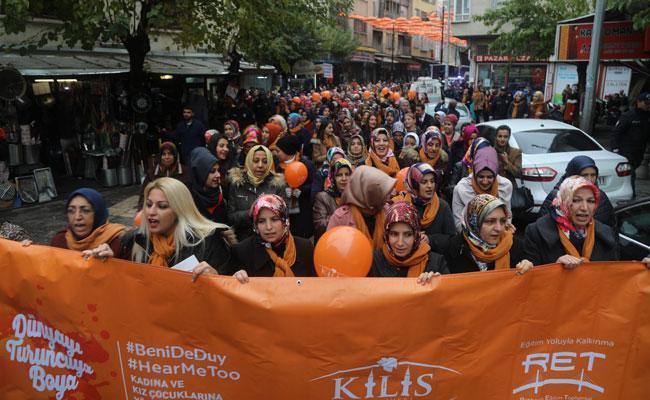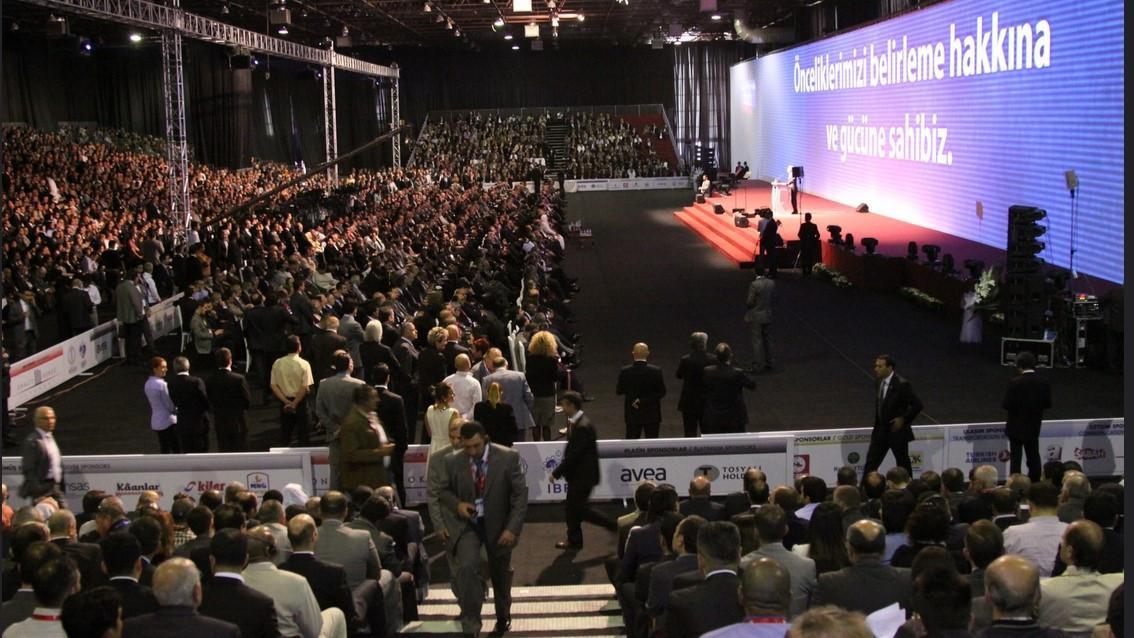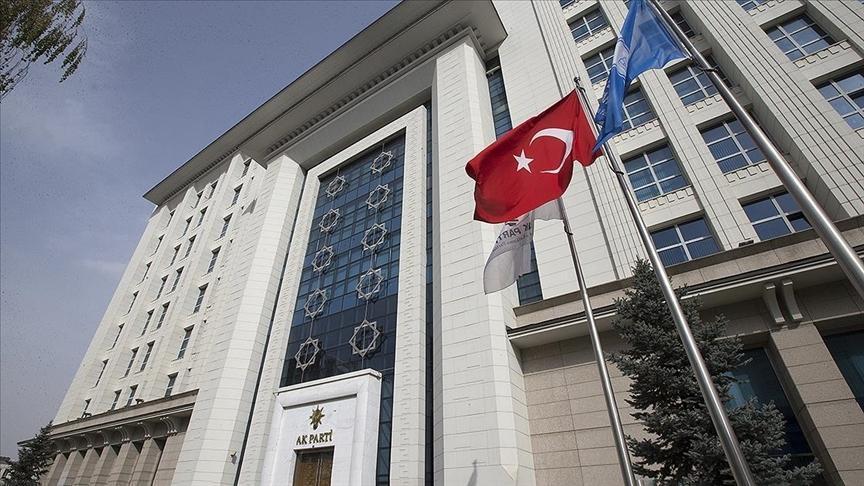Turkey ranks 130th in gender gap index
ISTANBUL

Turkey has been ranked 130th in the World Economic Forum (WEF) gender gap index out of 149 countries, while recording progress on closing its gender gap in labor force participation as well as professional and technical roles.
“However, it [Turkey] also experiences a worsening of wage equality for similar work. In addition, it improves its share of women in parliament,” said the Global Gender Gap Report released on Dec. 18.
The report benchmarks countries on the list based on their progress toward gender parity across four thematic dimensions: Economic participation and opportunity, educational attainment, health and survival, and political empowerment.
Globally, the average (population-weighted) distance completed to parity is at 68.0 percent, which is a marginal improvement over the last year. In other words, to date there is still a 32.0 percent average gender gap that remains to be closed. The directionally positive average trend registered this year is supported by improvements in 89 of the 144 countries covered both this year and last year.
The global list was topped by Iceland having closed more than 85.8 percent of its overall gender gap. Iceland holds the top spot in the index for the 10th consecutive year.
Nordic countries Norway (2nd, 83.5 per cent), Sweden (3rd, 82.2 percent), and Finland (4th, 82.1 percent) dominated the top slots.
This year, the widest gap continued to be seen in political empowerment where performance continued to lag at 23 percent, and economic participation and opportunity remained stalled at 58 percent.
The WEF attributed this to the fact that there were just 17 countries that had women as heads of state. Globally, only 18 percent of ministers or senior government officials and some 24 percent of parliamentarians or lawmakers were women.
The WEF said gender gaps in education and health also widened in 2018 compared to the previous year, but they remained considerably narrower with indices at 96 percent and 95 percent, respectively.
At current rates, the global gender gap across a range of areas will not close for another 108 years, while it is expected to take 202 years to close the workplace gap, WEF found.
But the situation varies greatly in different countries and regions.
For instance, while Western European countries could close their gender gaps within 61 years, countries in the Middle East and North Africa will take 153 years, the report estimated.
And women are significantly under-represented in growing areas of employment that require science, technology, engineering and mathematics skills, WEF said.
















